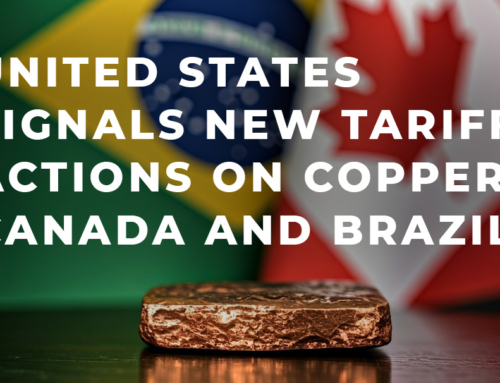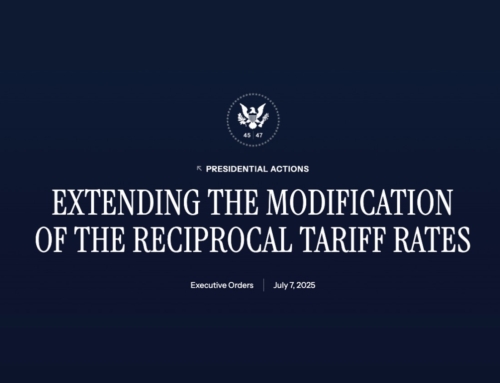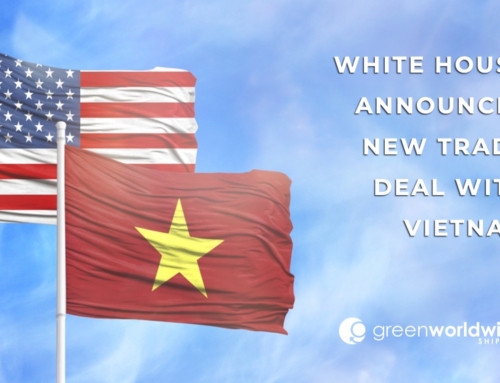In an effort to advance Congressional approval of a new North American trade deal, the United States-Mexico-Canada Agreement (USMCA), the United States and Canada have agreed to eliminate steel and aluminum tariffs spurred by Section 232 investigations almost a year ago.
In a joint statement issued Friday, May 17, 2019, the United States agreed to remove the 25 percent duty on steel and 10 percent duty on aluminum within 48-hours while Canada confirmed removal of retaliatory tariffs on U.S. goods. Both further agreed to take a step back from legal action surrounding Section 232 in the World Trade Organization (WTO) and implement greater measures to preventatively regulate the passage of aluminum and steel from other countries seeking to take advantage of duty evasion through Canada.
WHITE HOUSE: PROCLAMATION ON ADJUSTING IMPORTS OF STEEL INTO THE UNITED STATES (MAY 16, 2019)
SUMMARY OF ACTIONS
- The United States and Canada agree to eliminate, no later than two days from the issuance of this statement:
- All tariffs the United States imposed under Section 232 on imports of aluminum and steel products from Canada; and
- All tariffs Canada imposed in retaliation for the Section 232 action taken by the United States.
- The United States and Canada agree to terminate all pending litigation between them in the World Trade Organization regarding the Section 232 action.
- The United States and Canada will implement effective measures to:
- Prevent the importation of aluminum and steel that is unfairly subsidized and/or sold at dumped prices; and
- Prevent the transshipment of aluminum and steel made outside of Canada or the United States to the other country. Canada and the United States will consult together on these measures.
- The United States and Canada will establish an agreed-upon process for monitoring aluminum and steel trade between them.
- In monitoring for surges, either country may treat products made with steel that is melted and poured in North America separately from products that are not.
- In the event that imports of aluminum or steel products surge meaningfully beyond historic volumes of trade over a period of time, with consideration of market share, the importing country may request consultations with the exporting country.
- After such consultations, the importing party may impose duties of 25 percent for steel and 10 percent for aluminum in respect to the individual product(s) where the surge took place (on the basis of the individual product categories set forth in the attached chart). If the importing party takes such action, the exporting country agrees to retaliate only in the affected sector (i.e., aluminum and aluminum-containing products or steel).
The Mexican government joined shortly thereafter, issuing a statement that it would also lift retaliatory tariffs that targeted port, metal and dairy. The collective action of the United States, Canada and Mexico send strong signals towards the ratification and acceptance of the USMCA.
As Green continues to monitor the situation, stay up-to-date on freight news by following us on Facebook, Twitter, and LinkedIn or, subscribe to Green’s Freight Talk blog to received updates directly to your email.






